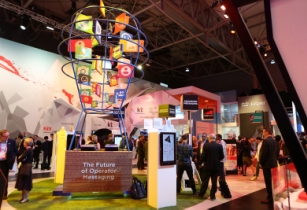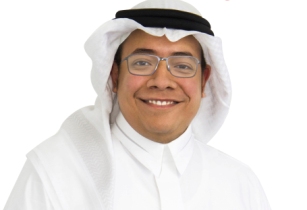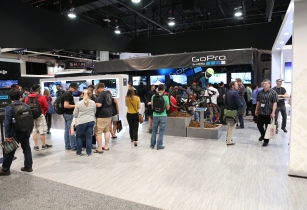The GSMA, a trade body that represents the interests of mobile network operators worldwide, is going to organise Mobile World Congress (MWC) at Fira Gran Via in Barcelona from 26 February – 1 March 2018
Trend Micro names Dr Moataz Bin Ali as new vice-president for MENA
Trend Micro, a global leader in cybersecurity solutions, has shared some of its 2018 investment and growth plans for the Middle East and North Africa (MENA) markets, with announcement of Dr Moataz Bin Ali as the vice-president for Middle East and Africa region
NAB show reveals new event schedule highlighting industry awards
NAB Show, one of the worlds largest conventions encompassing The MET Effect, the convergence of media, entertainment and technology, is going to be held from 7-12 April 2018 in Las Vegas
Gainde 2000 displays ORBUS SIGN project at CES Las Vegas
Gainde 2000 has showcased its research project ORBUS SIGN at Consumer Electronics Show (CES) in Las Vegas from 9-12 January 2018
Communications Africa weekly digest - 8th- 12th January
Here is a brief overview of the week’s news on Communications Africa, from 8th- 12th January 2018



























